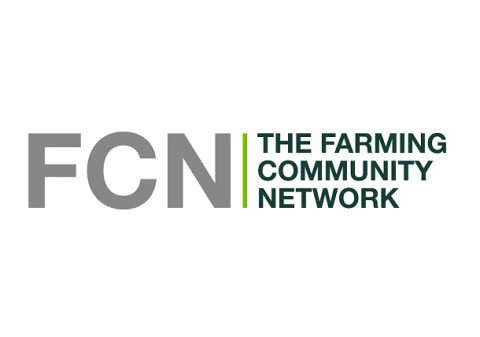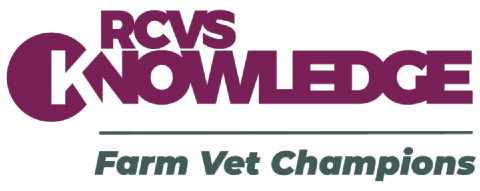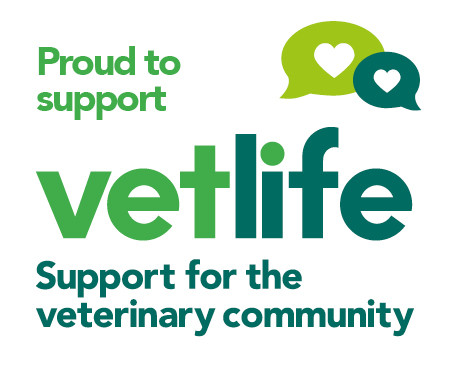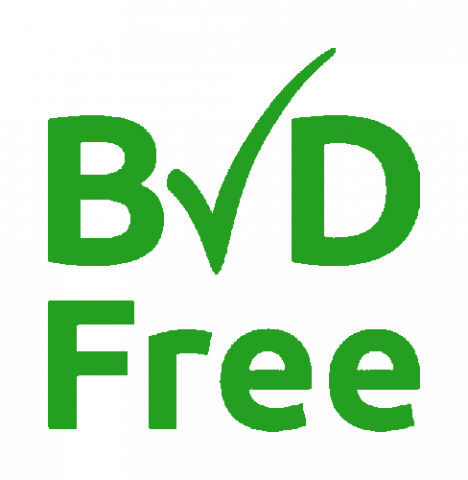Which farms is Top Up for?
This is for farms which are already MilkSure accredited, i.e. completed initial MilkSure course or Top Up within the previous year, or at least with the previous three year period (depending on milk buyer’s requirements). Top Up allows a farm to renew their accreditation but without needing to re-do the initial classroom training each year (the Part 1 Technical Essentials training) or initial test. It is like an annual MOT for their farm’s medicine use, also helping meet the most current Red Tractor standards.
What does Top Up consist of?
Top Up is similar to Part 2 of your initial MilkSure. In other words, the on farm risk assessment and medicines management plan with your vet. It includes a review of medicines used, and also a review of the previous year’s plan. For most farms it will take around 1-1½ hours to complete. There is a short (6 questions) refresher test to pass too. Extra training shouldn’t be necessary for this, and it is designed to keep people up to date and demonstrate a degree of competency. At least one person must pass this, but there is no limit to the number per farm.
What does it cost?
Your vet will make a charge for delivering Top Up for your farm. The time taken to complete Top Up (approx. 1-1½ hours) should be similar to if your vet were doing a medicines review, which is now required for Red Tractor Assurance in any case. You will need to pay your vet for their input and their expertise.
Do I need to register for Top Up?
Since 1st November 2020, it is no longer necessary to register your farm individually for MilkSure Top Up, like it was previously. You can undertake the Top Up refresher test with a MilkSure Registered Vet, who will have a license to use the programme on your behalf. You must complete your farm’s risk assessment, and this should normally be with your own usual vet, as long as they are MilkSure Registered with BCVA. A booklet is used to record the farm’s risk assessment and management plan.
Does my vet need to be a MilkSure Registered Vet to deliver Top Up?
Yes. Since November 2020 this has been a requirement, and access to the Programme is through MilkSure Registered Vets, who are licensed by BCVA to deliver both MilkSure and Top Up.
Why is there another test?
Whereas the initial MilkSure test is to check understanding of the Technical Essentials (Part 1) training, the shorter Top Up assessment is problem-based and checks basic competency. People who understand about using veterinary medicines will not find it difficult. It is important to continue to demonstrate competency and professionalism around medicine use on dairy farms.
What happens if there are new people on the farm to be trained?
If you have new people to do the Part 1 Technical Essentials training, and this should be done with a MilkSure Registered Vet.
How often should the initial Part 1 training be repeated?
Currently, under Red Tractor standards, at least one person responsible for administering medicines must have done medicines training. The MilkSure Part 1 Technical Essentials training course fulfils this requirement. However, regulations and practices change over time and sometimes things get forgotten. Therefore, under the MilkSure accreditation protocol, the Part 1 Technical Essentials training should be repeated at least every four years. This may be required more frequently than this, depending on your milk buyer/ retailer scheme. The four-year time interval is consistent with bringing dairy into line with other livestock sectors and will possibly become mandatory in time. If you wish to repeat the training more frequently (or if new people want to do it), simply do so with your MilkSure Registered Vet.
Are DairyPro points available?
The Part 1 Technical Essentials course and test are worth a total of 7 points. There are no points for Top Up alone.
Why do we need to do this?
There is a lot of attention on how veterinary medicines are used on farms. MilkSure is designed to reduce medicine residue failures, which is a costly problem for the dairy industry. It helps farms achieve higher standards for medicine stewardship which is important to protect markets for dairy produce. Farmers who have become MilkSure accredited generally say it was a valuable use of their precious time and helps them use medicines more efficiently.






